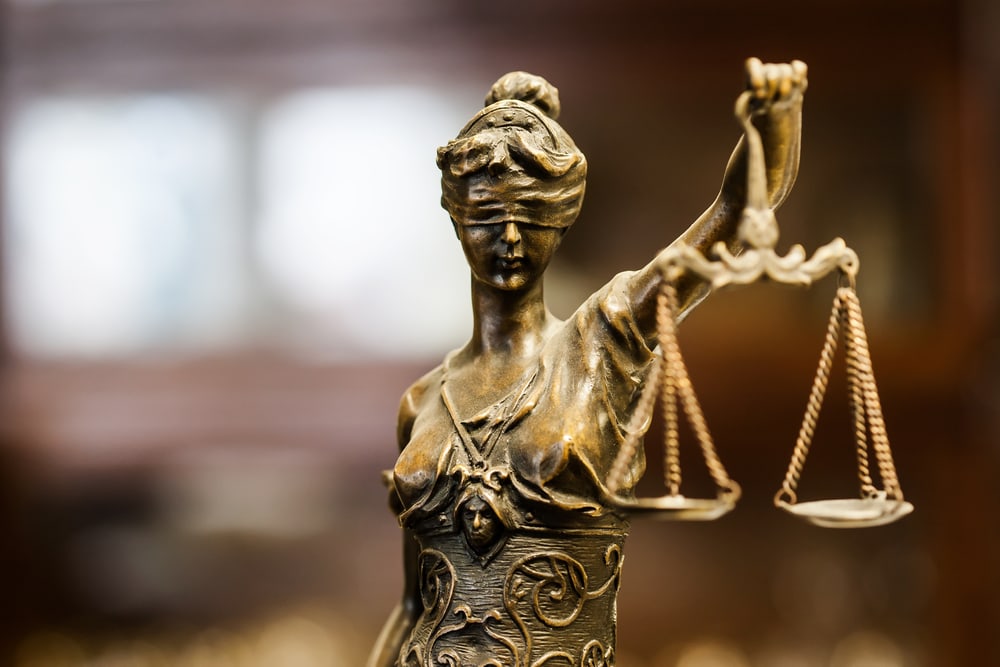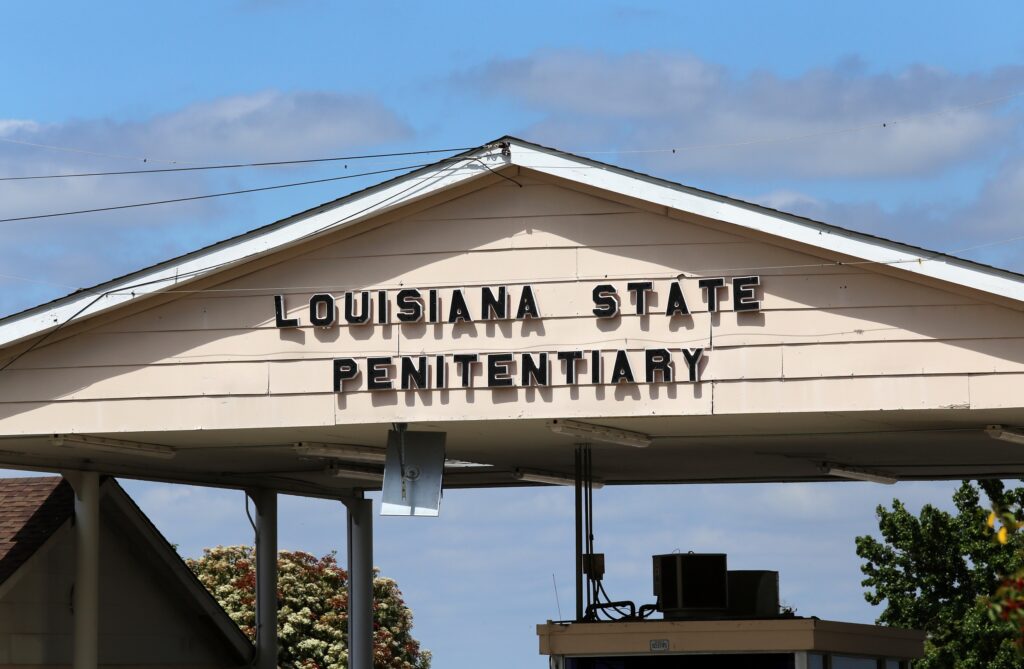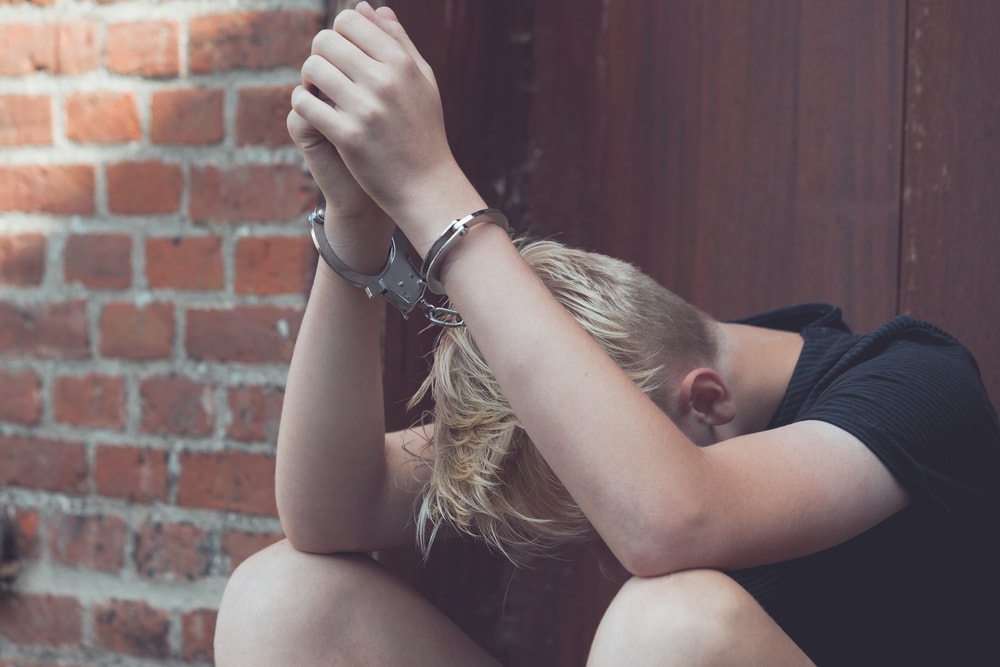Top 10 Reasons Why the Juvenile Justice System in Harry Potter Needs Reform
Welcome, dear reader, to the Wizarding World of Harry Potter—a magical place where teachers transform into cats, there is no email and sometimes all your bones disappear. Sure, we all adore the enchantment and adventure, but let’s face it—the Wizarding World’s criminal justice system is a chaotic mess. And in that way, it’s not so different from our own. So pour yourself a butter beer and grab a chocolate frog. Today, R Street is casting Revelio on the top 10 reasons why the juvenile justice system in Harry Potter needs reform.
#1 Life outcomes are determined by a hat
From the moment students step foot into Diagon Alley, they are thrust into a world devoid of evidence-based practices. Take the Sorting Hat. If you’re not familiar with this sadistic ritual, well, it’s a hat entrusted with setting the life trajectory of every little witch and wizard, usually before they’re old enough to ride a broom. Yes, that’s really the system. In criminology, labeling theory suggests that people come to identify and behave in ways that reflect how society labels them. Sure enough, as Hagrid tells us: “There wasn’t a witch or wizard who went bad who wasn’t from Slytherin.” Clearly, sentient headwear should not be deciding the fate of our kids.
#2 Underage magic is over criminalized
At one point during the story, Potter is charged with illegally using magic outside of school in violation of the Decree for the Restriction of Underage Sorcery. Dear reader, excuse my language, but this antiquated law is loonier than a Blast-Ended Skrewt hopped up on Gillyweed. Simply put, prohibiting underage magic sends young witches and wizards mixed messages. On the one hand, students are taught spells that can cause total mayhem (hello Reducto) while simultaneously being told it’s against the law to use their newfound powers. It’s like handing a kid a flamethrower, then telling him not to set anything on fire.
#3 The Wizengamot is corrupt
After being arrested for using magic outside of school, Potter is subjected to an appalling sham trial by the openly biased Wizengamot. He is not informed of his rights, not provided legal representation and not allowed to present evidence. Deprived of any sort of adult guidance, Potter is left to navigate the whims of this cruel kangaroo court on his own. Apparently, in the Wizarding World, due process is as elusive as a Golden Snitch. In the absence of basic legal protections, we need some sort of spell to ensure accused wizards know their rights. Miranda Informatus!
#4 There is no separation of (magical) powers
At the trial, Potter is mercilessly interrogated by the Minister of Magic himself, Cornelius Fudge. Dear reader, this is like Joe Biden taking a break from being president to help prosecute a truancy case back in Delaware. Why is the Minister of Magic overseeing the juvenile justice system anyway? Unfortunately, it seems that even Dumbledore isn’t powerful enough to conjure up judicial independence.
#5 Dementors need de-escalation training
Let’s talk about the evidence against Potter. What evidence, you ask? Exactly. A single witness claims Potter cast a spell to ward off a Dementor. Oh, I’m sorry, I meant to say, “Spectral Correctional Officer.” These vile Ministry goons feed on the joy of children, driving their victims to the brink of insanity. Maybe a governmental organization should think twice about employing literal monsters whose only goal is to quench their vampire-like thirst. It’s about time we defund the Dementors.
#6 Azkaban is Azka-bad at rehabilitation
At least Potter received some sort of formal hearing. Sirius Black was famously arrested and sent to Azkaban without so much as a trial. Oh yes, Azkaban, aka Wizard Supermax. This bleak island prison makes Guantanamo look like a five-star resort. In most cases, a trip to Azkaban is a death sentence in and of itself, with prisoners either going mad or starving themselves to avoid being tortured. Juveniles and adults alike are thrown into this dark, miserable hole in direct violation of the Juvenile Justice and Delinquency Prevention Act. Even the most tough-on-crime Auror must admit the conditions at Azkaban raise serious civil liberty concerns.
#7 Dark magic is fine—as long as you’re rich
Let’s consider the world’s most famous sufferer of affluenza, Draco Malfoy. Despite frequently committing magical crimes and hexing his classmates, Malfoy is rarely punished. When Malfoy is caught attempting to use an Unforgivable Curse on Potter, he is given a slap on the wrist and sent to detention with Hagrid, which honestly sounds more like a reward than a punishment. Malfoy’s father, the war criminal Lucius Malfoy, leverages his elite influence to protect his son from any consequences whatsoever. It seems that in the Wizarding World, status and wealth can get you out of trouble just as effectively as a top-notch Muggle lawyer.
#8 The Ministry of Magic is a mismanaged nightmare
The Ministry of Magic consistently fails to intervene even in the most flagrant cases of child abuse. They knew Potter was living in that tiny cupboard under the stairs on Privet Drive for over a decade, but what did they do about it? Nothing! With its countless departments and penchant for bureaucracy, the woefully inept Ministry seems more concerned with paperwork than addressing the root causes of delinquency. Instead, they appoint professors like the tyrannical Dolores Umbridge, whose depraved approach to juvenile justice is both cruel and extremely unusual.
#9 The Hogwarts-to-prison pipeline is a problem
Despite being a teenager at the time of his conviction, Barty Crouch, Jr. was sentenced to Azkaban alongside adult Death Eaters. This kind of harsh punishment for children increases the likelihood of adult criminality, which Crouch aptly demonstrates by later attempting to kill Potter. On the other end of the spectrum is Hagrid, who was expelled from Hogwarts as a teen for a crime he did not commit and banished to the outskirts of wizard society. While Potter and the gang eventually exonerate Hagrid, the gentle giant never receives any restitution or even a formal apology for this miscarriage of justice.
#10 Voldemort was failed by the system
Voldemort’s descent into darkness is often attributed to his own evil nature. But upon closer scrutiny, it’s clear that institutional failure is also to blame. Young Tom Riddle exhibits signs of urgent emotional distress, yet he is never provided with appropriate mental health services. Alas, dear reader, it is all too common for young necromancers like Voldemort to slip through the cracks. To prevent the rise of future Dark Lords, we must proactively strive to meet the needs of our most vulnerable witches and wizards.







